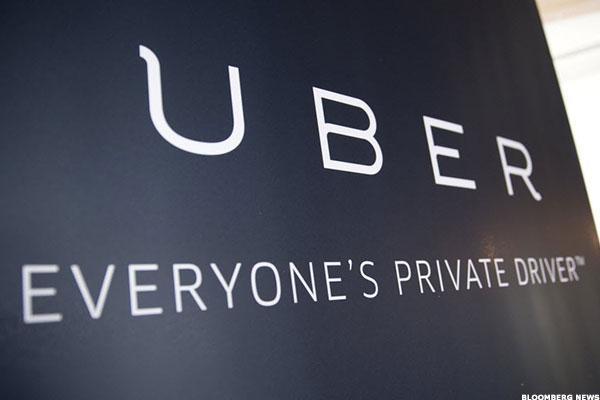The ride-sharing business used Ripley at least two dozen times in 2015 and 2016 in nations including Canada, the Netherlands, Belgium, France and Hong Kong, according to News.
In one case Ripley was used to preventing Canadian tax investigators, who considered Uber had violated tax laws, from gathering evidence even though they had a warrant. As soon as they burst into the Montreal office, Uber staff checked the headquarters in San Francisco who remotely logged every employee in that office off their devices.
Uber first began the system, initially called the “unexpected visitor protocol”, after a police raid in its Brussels office, where Belgian law enforcing officers accessed the company’s financial documents, payments system, and worker data. A court order finally forced Uber to shut down its service for operating without proper licenses.
It was nicknamed Ripley after a line addressed by the protagonist in the Alien movies, who decides that the only way to destroy all the killing extraterrestrials is to destroy their entire habitat. “I say we take off and nuke the whole site from orbit. It’s the only way to be certain,” she says. The line has been reappropriated by data security teams to describe an extreme response to a detected threat.
Uber downplayed the tool and told it was a common application to have such software to remotely change passwords or lock machines in the event they were lost or stolen.
“Like every organization with offices around the world, we have security systems in place to protect corporate and customer data,” said an Uber spokeswoman. “When it comes to government investigations, it’s our policy to help with all valid searches and requests for data.
After the Montreal raid, a judge in the following tax lawsuit wrote that Uber’s actions showed “all the components of an attempt to obstruct justice” and that the business was trying to hide “evidence of its illegal activities”. Uber granted access to the important files once issued with a second, more specific search warrant.
Take your time to comment on this article.

